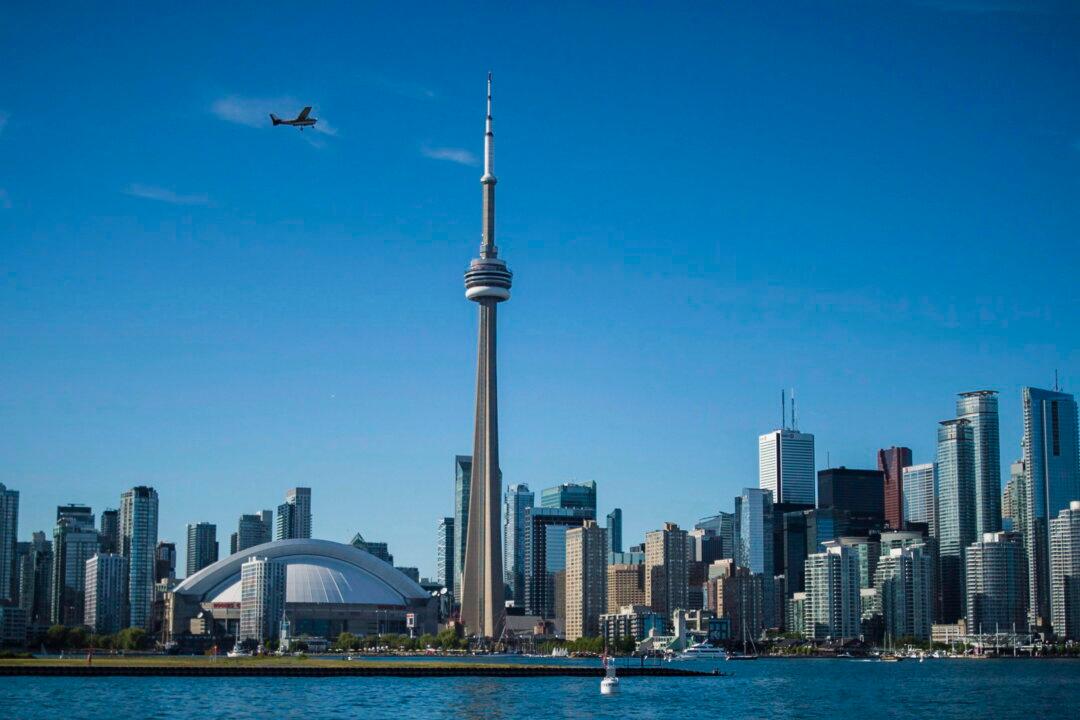Two members of the management board responsible for Yonge-Dundas Square (YDS) in Toronto have announced their resignation following a decision to change the name of the public space.
Board general manager Julian Sleath said the resignations were not related to the name change.





